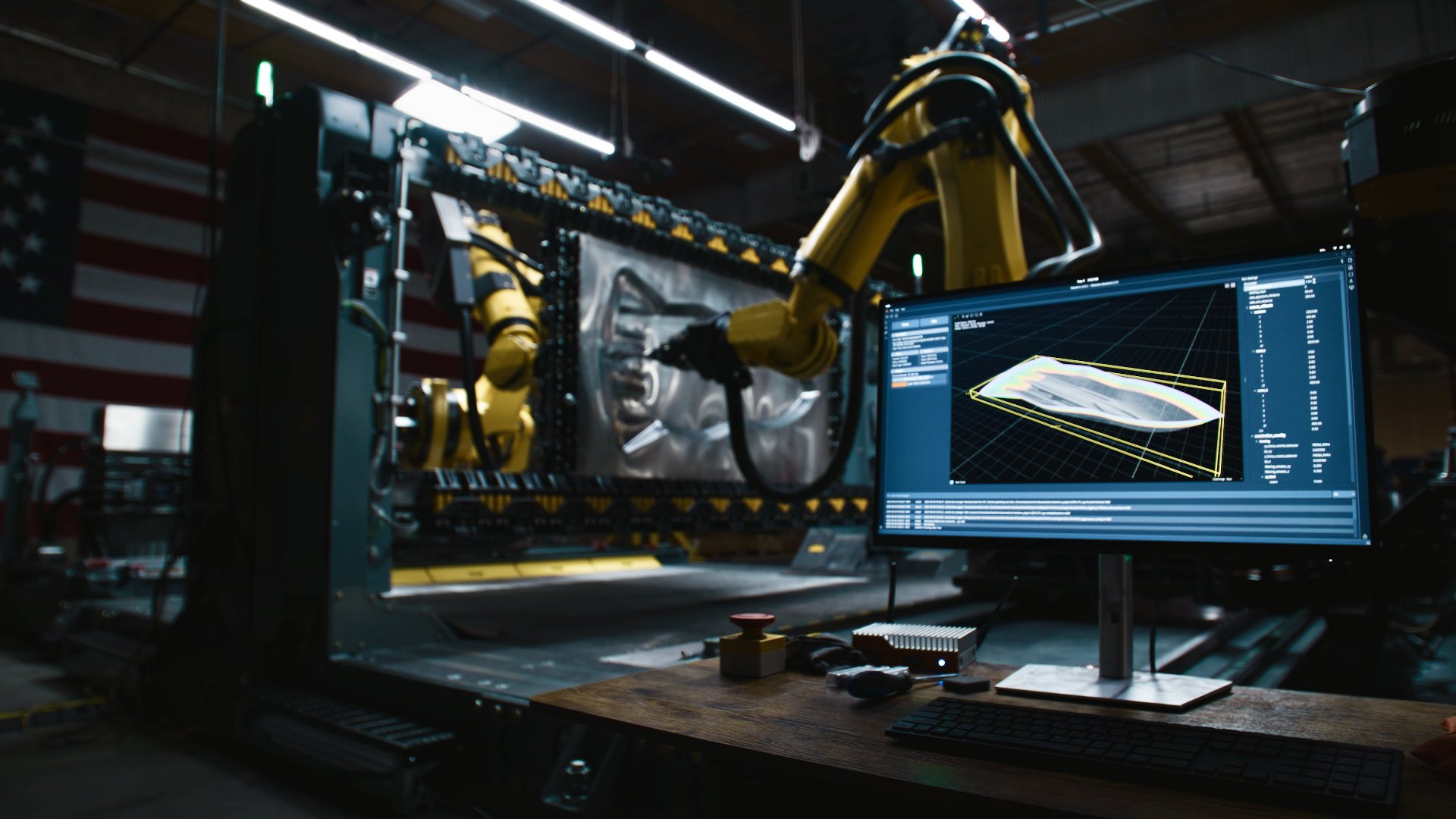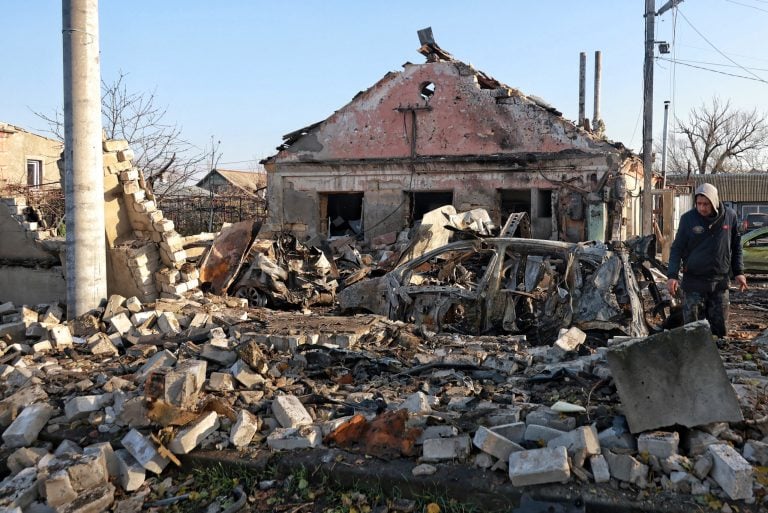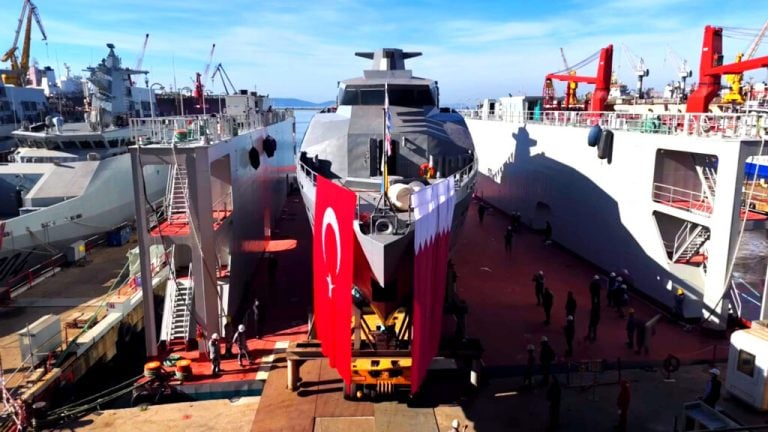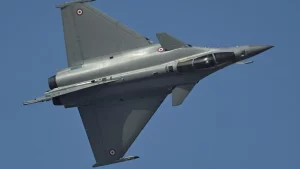Machina Labs has recently secured a multi-year contract with the US Air Force Research Laboratory to enhance the production of metal components for military aircraft through the application of artificial intelligence (AI). The collaboration will utilize the company’s proprietary robotic platform, RoboCraftsman, which integrates AI and machine learning capabilities specifically designed for manufacturing tasks.
This initiative will be conducted in conjunction with the Advanced Robotics for Manufacturing Institute, a Department of Defense entity based in Pennsylvania. The initial phases of the project will concentrate on automating the programming processes of machines responsible for shaping and cutting critical aircraft airframe skins and panels. By streamlining this vital step, the aim is to facilitate faster maintenance and readiness of aircraft for various missions.
Machina Labs emphasizes that the RoboCraftsman is designed to function as a versatile, mobile manufacturing system, extending its capabilities beyond aircraft components to produce structural parts for diverse defense equipment, including missiles, vehicles, and an array of weapon systems. The firm’s CEO and Co-Founder, Edward Mehr, stated that this award highlights the platform’s role in supporting the Department of Defense’s sustainment modernization strategy. “Our mission is to deliver a portable manufacturing solution that can operate closer to the point of need, even in contested logistics environments,” Mehr noted. This approach is expected to expedite the production of mission-critical components, enhancing efficiency without reliance on traditional manufacturing methods.
This latest agreement builds on the success of Machina Labs’ prior RoboCraftsman order from the US Air Force, which aims to expand the service’s capabilities in AI-driven maintenance operations. The RoboCraftsman platform is equipped with dual 7-axis robotic arms, an innovative tool-changing system, and AI-driven process controls. Leveraging Machina Labs’ proprietary RoboForming technology, it can shape large and complex components—up to approximately 12 feet long and 4 feet deep—with remarkable precision, achieving sub-millimeter accuracy.
Furthermore, the platform incorporates advanced features such as RoboScanning and RoboTrimming & Drilling, enabling autonomous inspections, trimming, and drilling tasks. The RoboCraftsman is versatile in handling various materials, including steels, aluminum alloys, titanium alloys, and nickel-based superalloys, and can be deployed for on-site manufacturing in less than a day at depots or in forward operational locations. This capability not only enhances the efficiency of military operations but also supports a broader modernization initiative aimed at improving the sustainability of defense logistics.
















